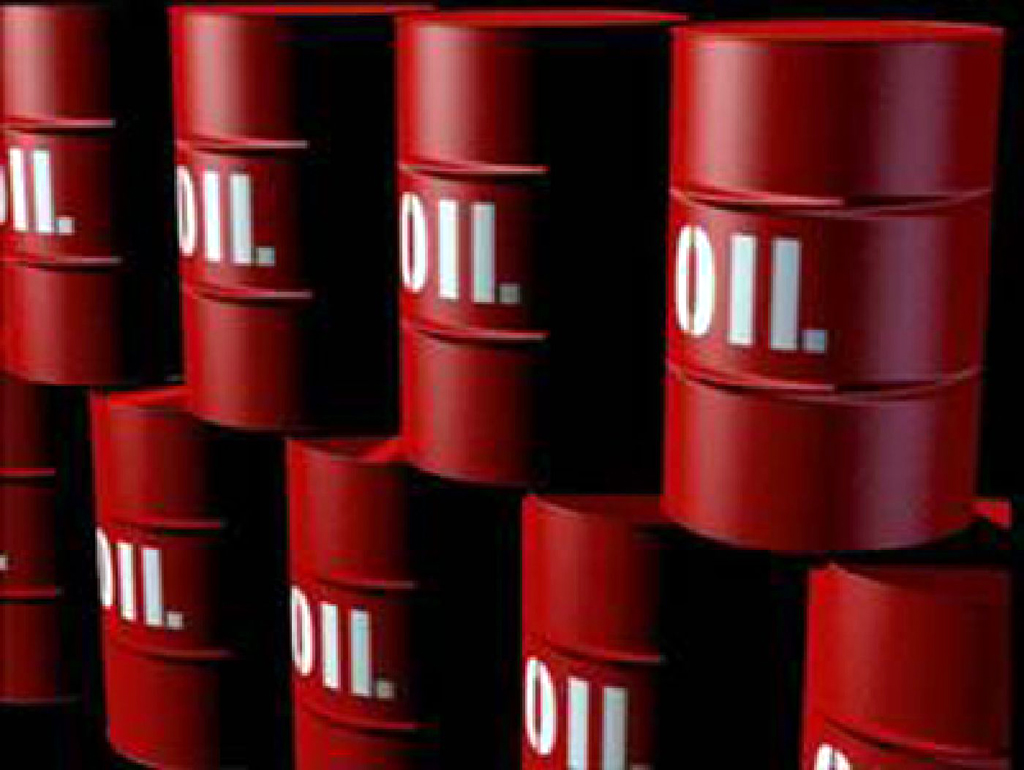 Russia halted oil flows along the Druzhba pipeline to Eastern Europe and Germany in April because of contaminated crude, contributing to a rise in global oil prices and leaving refiners in Europe scrambling to find supplies.
Russia halted oil flows along the Druzhba pipeline to Eastern Europe and Germany in April because of contaminated crude, contributing to a rise in global oil prices and leaving refiners in Europe scrambling to find supplies.
Oil at the port of Ust-Luga was also contaminated.
Below are details of the problem and action being taken.
WHAT HAPPENED?
At least 5 million tonnes of oil, or about 36.7 million barrels, have been contaminated by organic chloride, a chemical compound used to boost oil extraction by cleaning wells and accelerating the flow of crude.
The compound must be removed before oil is sent to customers because it can destroy refining equipment and, at high temperatures, generates poisonous chlorine gas.
Russian pipeline monopoly Transneft said the contamination happened in the Volga region of Samara and blamed unidentified "fraudsters". President Vladimir Putin said Transneft lacked a proper mechanism to prevent contamination.
WHAT IS THE IMPACT?
With a major export route shut, Transneft asked oil producers to reduce supplies to the system by over 1 million barrels per day (bpd) between May 3-6, industry sources said.
It was not clear if limits have been extended beyond May 6 but sources said it was likely because Druzhba remains out of action. Oil not taken by Transneft is being stored by producers but their capacity to do so is running out.
Russian oil production in early May dropped to 11.19 million bpd from an average 11.23 million bpd in April.
Druzhba, which can pump 1 million bpd or the equivalent of 1 percent of global oil demand, was built in Soviet times and serves refiners in Germany, Poland, the Czech Republic, Slovakia, Hungary, Ukraine and Belarus.
All of the importing nations stopped taking Russian oil via the pipeline on April 25-26.
Belarus, where the pipeline splits into northern and southern spurs, began receiving clean oil last week but most sections of Druzhba in the country and further along the network remain contaminated.
Belarus said it might take months to resume normal operations.
WHAT HAVE REFINERS DONE?
In Germany, the main refiners served by Druzhba are Rosneft's Schwedt, Royal Dutch Shell, Eni and Total's Leuna.
Leuna had to cut runs by about 30 percent and is receiving clean oil from Gdansk in Poland, industry sources said. . Supplies of oil products to consumers were seen intact for the time being.
Hungary has released 400,000 tonnes of oil from emergency reserves to supply a refinery owned by MOL.
It said that was sufficient for supplying the country's refineries for two months if needed.
The Czech government will consider on Monday to release more oil from its reserves for Unipetrol refineries as clean Russian oil should reach the country only by May 20-22, about a week later than first expected.
Poland has released 800,000 tonnes of mandatory oil reserves to Lotos and PKN Orlen refineries. It said it saw no risk to products supplies to consumers so far
WERE OTHER OIL OUTLETS AFFECTED?
Besides Druzhba, oil sent to one of Russia's top Baltic Sea ports, Ust-Luga, was also contaminated.
At least 10 tankers with a combined 1 million tonnes of oil, normally worth more than $500 million at current prices, have already sailed from Ust-Luga since the problem arose.
The cargoes mainly ended up with trading houses and are now marooned across Europe as they struggle to find buyers. As cargoes are stranded, freigh rates soared.
Transneft allows no more than 10 parts per million (ppm) of organic chlorides, while levels in the Druzhba line and Ust-Luga have fluctuated between 80 and 330 ppm.
In the last few shipments from Ust-Luga, the level has improved to 35-75 ppm, trading sources said.
HOW CAN THIS BE FIXED?
Buyers who have received contaminated oil now need to store it somewhere and dilute it with cleaner crude to lower the chloride levels, an operation that could cost millions of dollars for each large tanker, oil trading sources say.
Oil at Ust-Luga could gradually be loaded onto ships mixed with better-quality crude.
But cleaning out the Druzhba pipeline is more complicated.
Germany and Poland lack sufficient storage to keep the oil until it can be diluted.
That means they would need to reverse the flow of the pipeline and pump tainted crude back to Russia or to Poland's Gdansk port, where it can be evacuated.
Transneft has said contaminated oil from Belarus could be transported by rail to the Russian Black Sea port of Novorossiisk, where it would be diluted.
This would take several months because the railway cannot take more than 300,000 tonnes per month, traders say.
























Comments
Comments are closed.